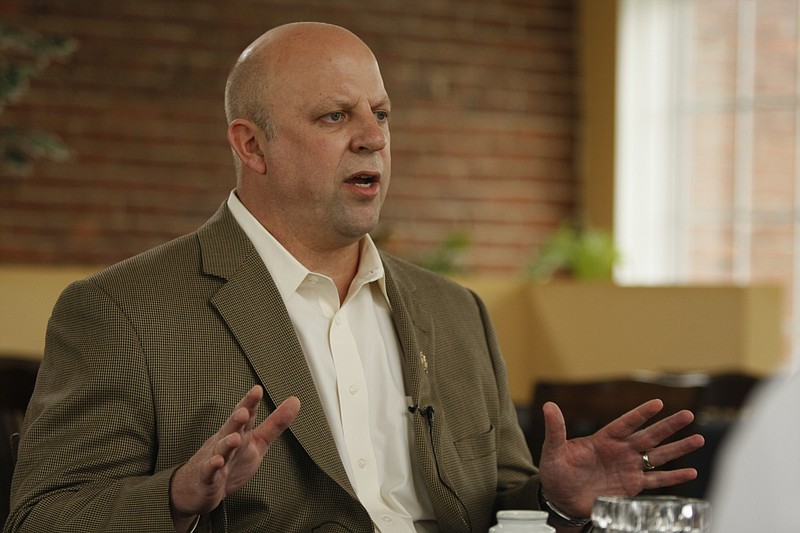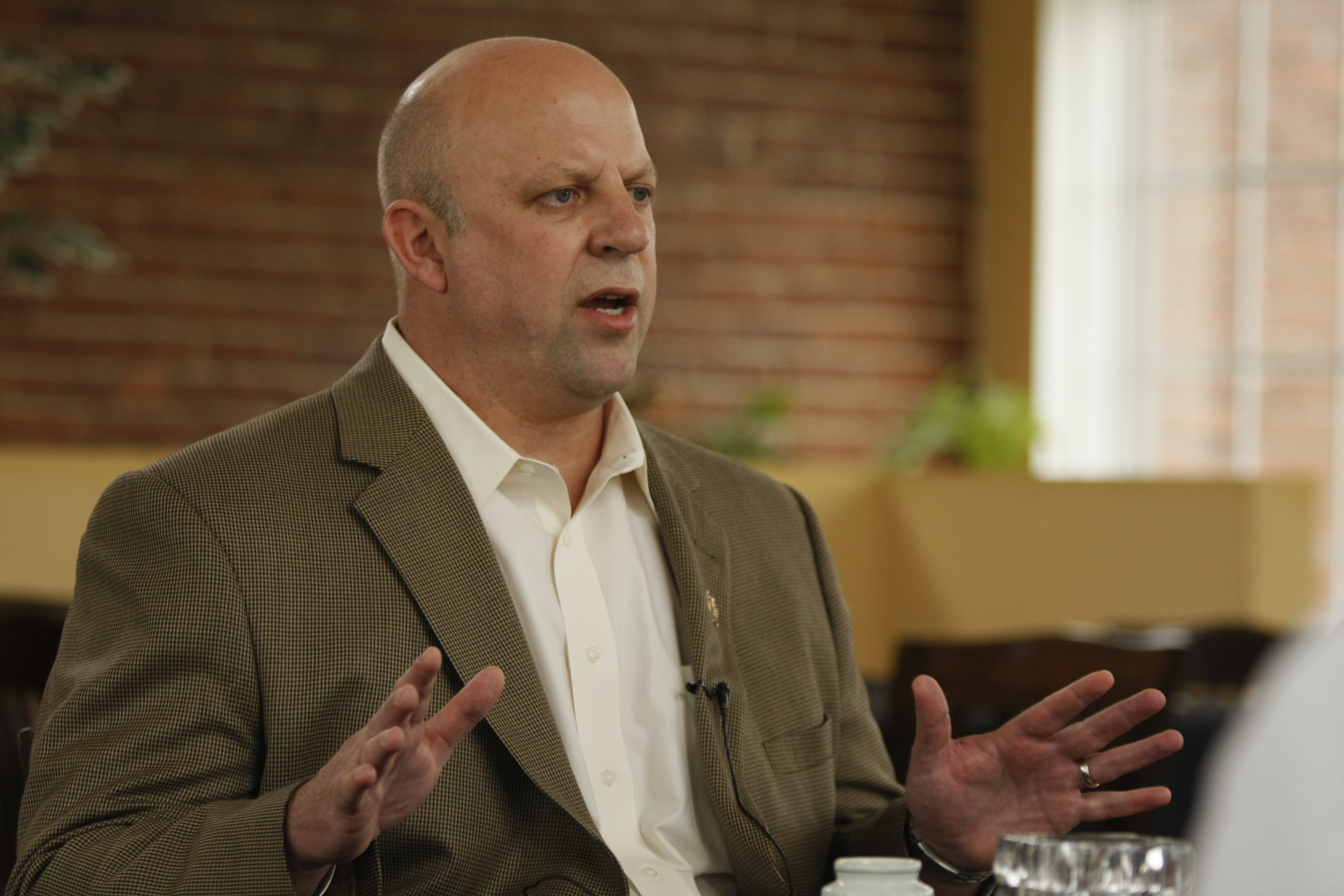WASHINGTON - Education policy is the latest issue facing Congress to spark a states' rights debate.
U.S. Secretary of Education Arne Duncan has ruffled feathers in the region by announcing that he'll reform the controversial No Child Left Behind education law if Congress fails to act.
"He's saying that he wants to take the law into his own hands and administer it himself, and I think that's wrong," said Rep. Jimmy Duncan, R-Tenn. "I think he should work more closely with the Congress."
Duncan said he's looking to grant waivers to states and school districts, though he hasn't released specifics on what might qualify for a waiver.
Most everyone - on both sides of the political aisle - agrees that states need flexibility under the nation's current education policy. The question is where should the flexibility come from: a bureaucrat or elected officials?
No Child Left Behind, or NCLB, instituted nationalized tests to gauge how schools perform. Under it, states get federal money after they lay out their own plan for improving test scores.
Some estimates are that if left as it's written, NCLB would grade 80 percent of public schools as failing in the next couple of years.
Now many of the new class of freshman Republicans in Congress want to return authority over education policy to states.
"The one-size-fits-all government ... mentality tends to fail again and again," said Rep. Scott DesJarlais, R-Tenn., who sits on the House Education and Workforce Committee, which is charged with reauthorizing the legislation.
He argues that a better approach than a national proficiency standard could be to track individual student improvement rates, instead of blocks of students.
"We want to judge students' progress against themselves instead of against the whole system," DesJarlais said.
Others say having national standards raises the bar for students who previously were falling through the cracks.
In Tennessee, the law highlighted lax statewide education standards. After the state raised proficiency standards, last year there was a big drop in proficiency rates across the state, according to Tennessee's education commissioner, Kevin Huffman.
"I think it was really good for the state. It was a wake-up call and gave people a more realistic baseline of proficiency that we can build from," he said in a phone interview.
NCLB was passed by large, bipartisan majorities under President George W. Bush, but the political parties have moved further apart since then.
Duncan said it would be ideal for Congress to act on its own to reauthorize the law.
The question now is whether this polarized Congress can overcome the touchy political issues involved with reforming education policy, such as charter schools, voucher programs and religious issues that likely are to get thrown into the fray.
If Congress can't overcome those hurdles, Duncan said he will.
Contact Matt Laslo at 202-510-4331 or mlaslo@gmail.com. Follow him on Twitter at http://twitter.com/Matt Laslo.

